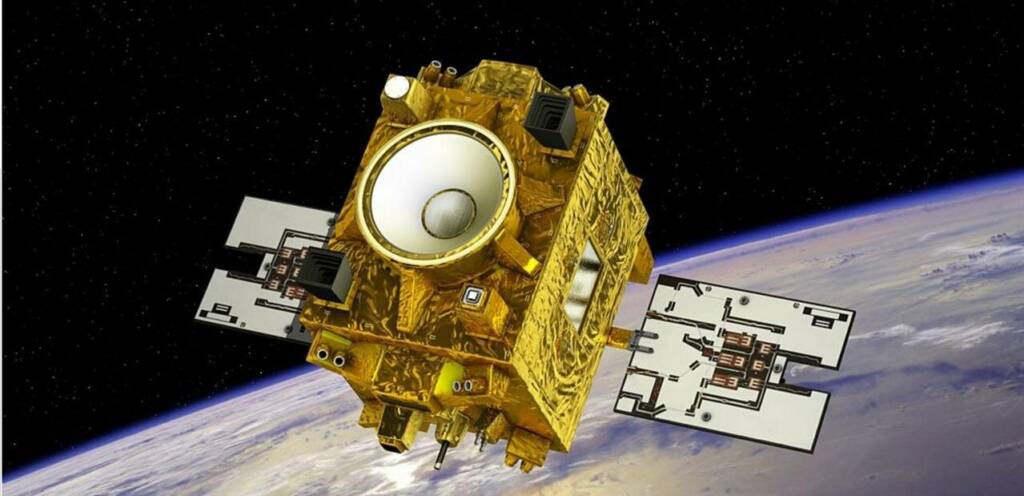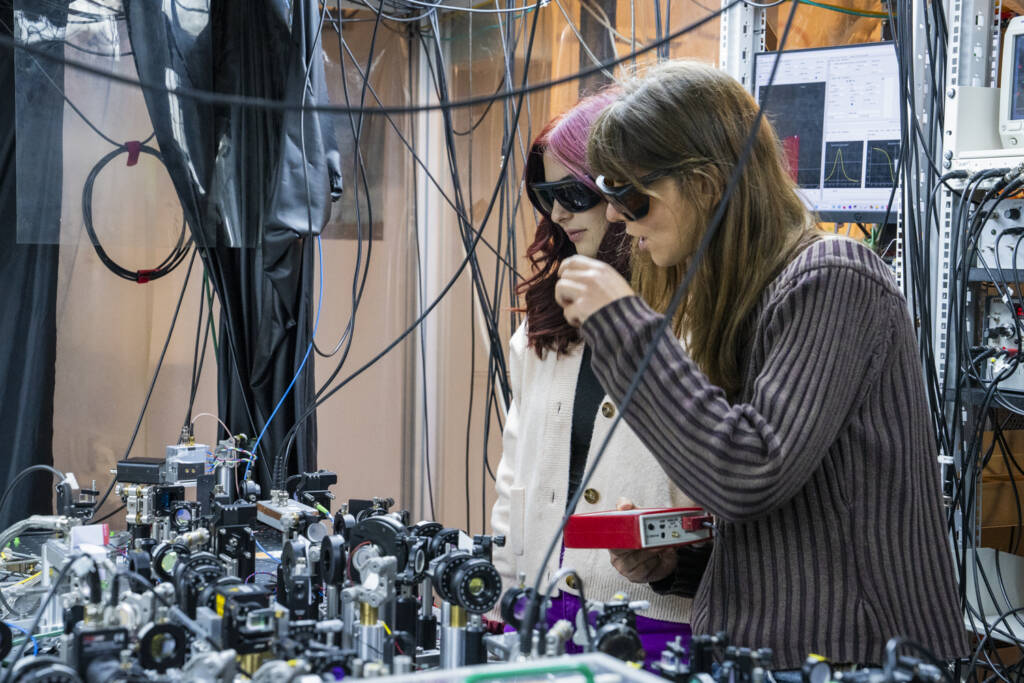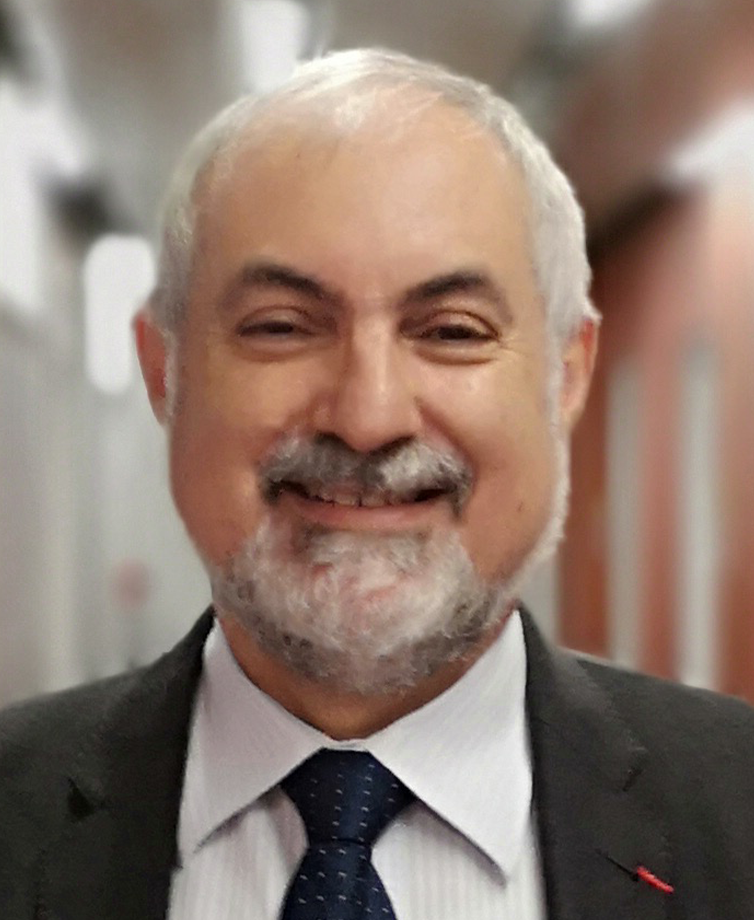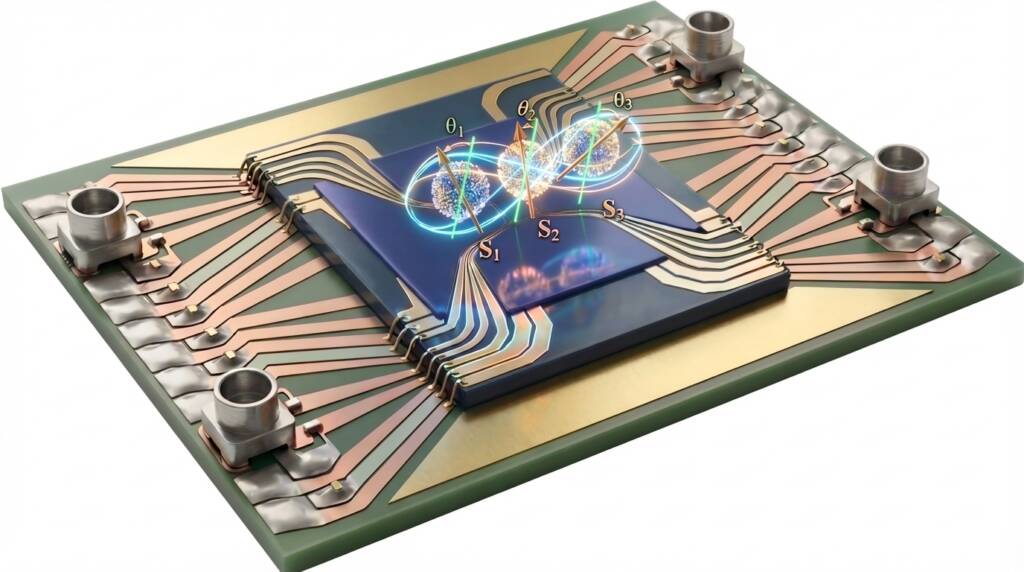The Microscope Satellite and the Equivalence Principle
The CNES Microscope satellite was launched on Monday, April 25. Its goal is to test the equivalence principle.

All attempts at theoretical unification between general relativity and quantum physics lead to modifications of the theory. These modifications often introduce apparent violations of the equivalence principle, which forms the foundation of general relativity. While this principle has already been tested with great precision—on the order of a few 10−1310^{-13}—in terrestrial experiments, the Microscope experiment aims to significantly enhance this precision. This will be achieved through the comparison of several pairs of accelerometers onboard a drag-compensated satellite.
The Microscope mission was initiated within GREX (Gravitation et Expérience), a CNRS research group established in 1995 to organize the French experimental gravitation community. The mission is supported by CNES and ONERA. GREX also facilitated the inception of Virgo, which played a role in the recent discovery of gravitational waves, as well as the ACES/PHARAO project, which involves the first cold-atom space clock to be launched next year. Since 2010, GRAM (Gravitation, References, Astronomy, Metrology) has succeeded GREX, fostering new projects in these fields.
The MicroScope project was led by ONERA, CNES, and Cerga, now GeoAzur (CNRS/Observatoire de Côte d’Azur), in collaboration with their European partners.
Serge Reynaud, a researcher at LKB, is currently part of the “Science Working Group” that will oversee the data from the MicroScope mission to primarily test the equivalence principle, as well as to enhance our understanding of Earth’s gravitational field and orbital environmental disturbances, which will have implications in many areas of science and society.
Contact: Serge Reynaud, Laboratoire Kastler Brossel, Tel: +33 1 44 27 37 50



